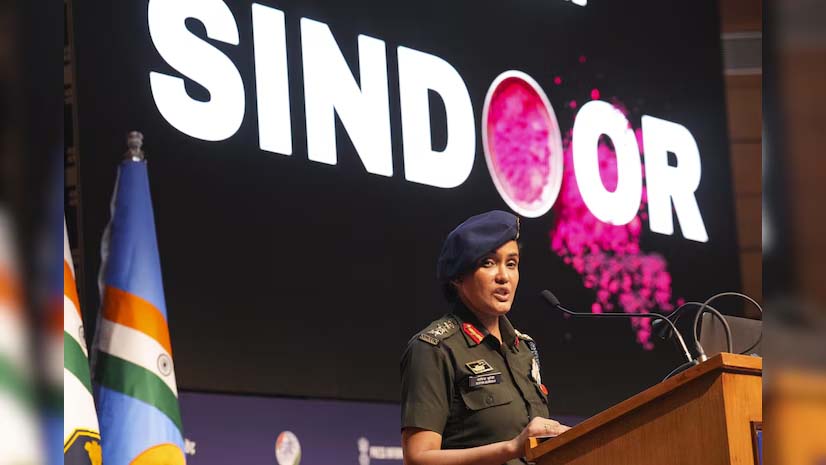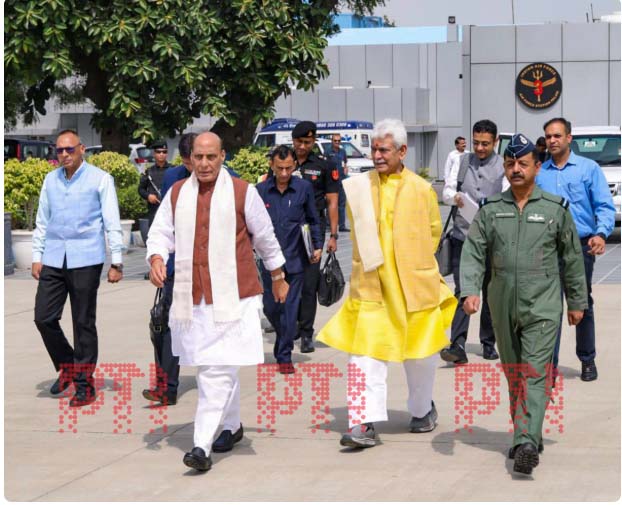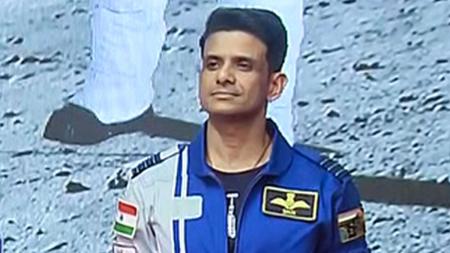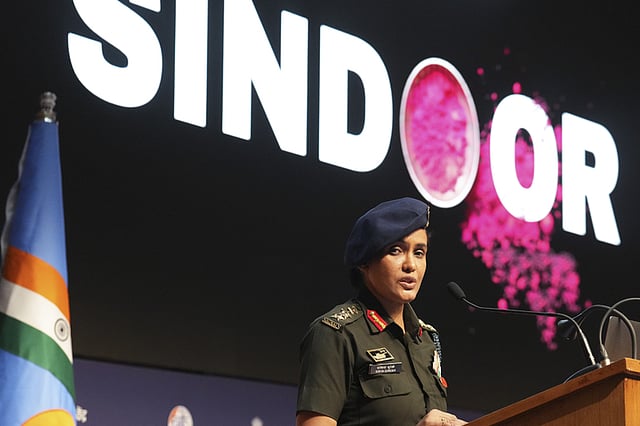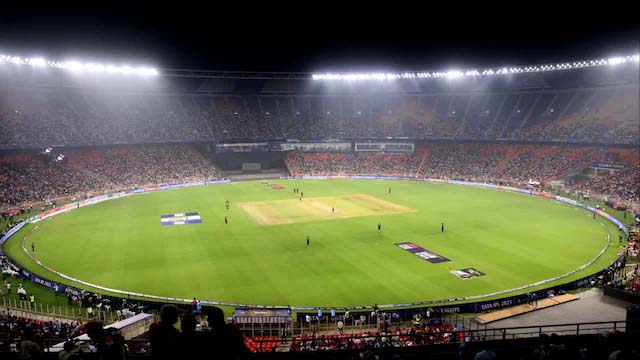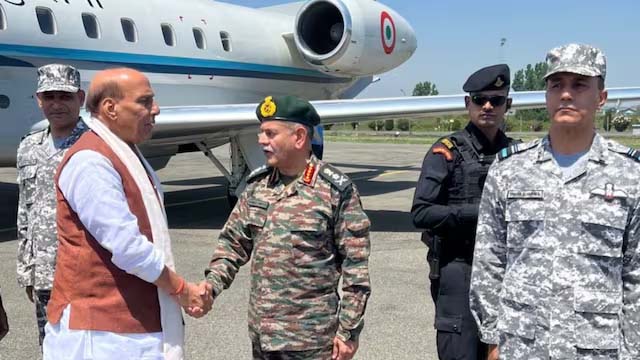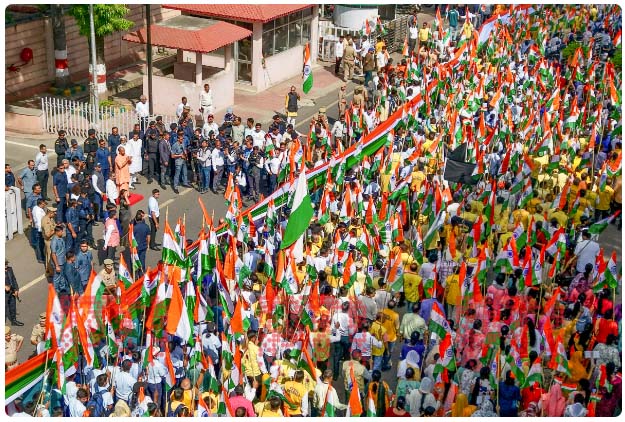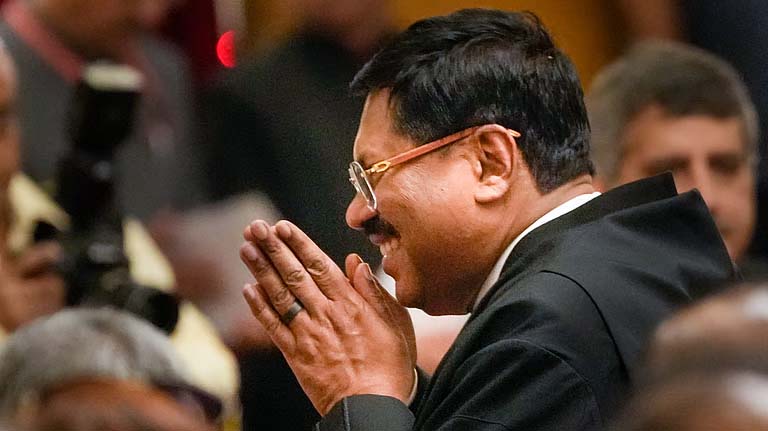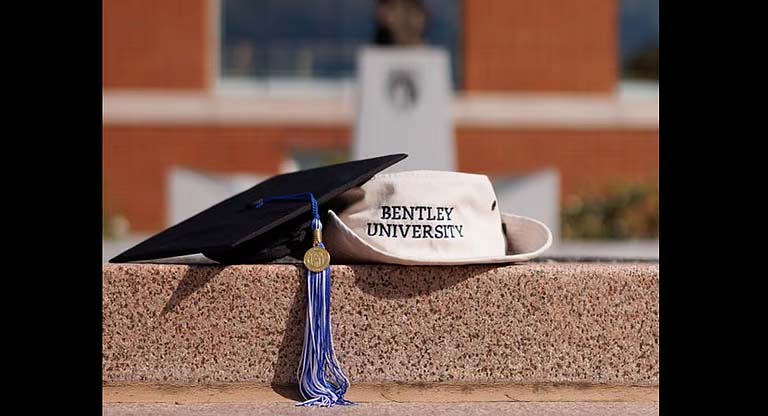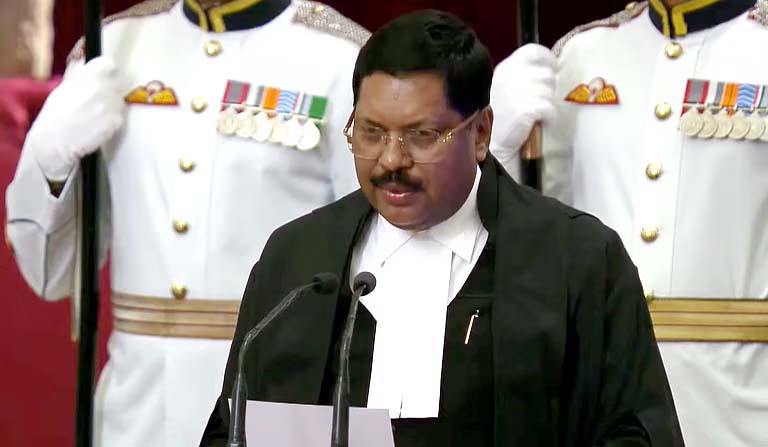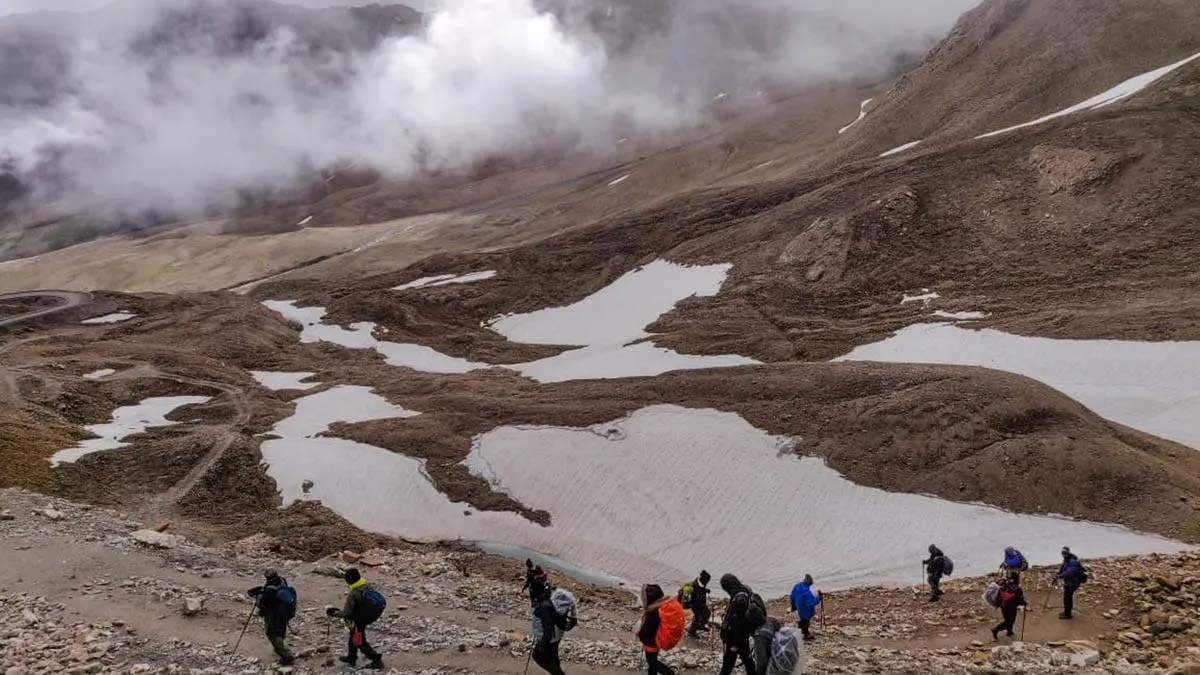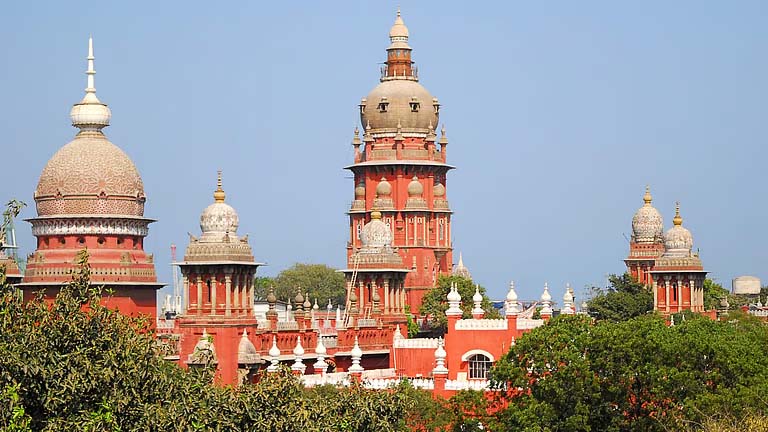SC order on assent to bills: President Murmu seeks top court's opinion, poses 14 questions


Public Lokpal
May 15, 2025


SC order on assent to bills: President Murmu seeks top court's opinion, poses 14 questions
NEW DELHI: President Droupadi Murmu has seeked the Supreme Court's opinion and consideration on 14 constitutional points over a month after the top court's April 8 verdict on fixing a deadline for granting assent by the Preisdent and Governors on Bills.
Exercising her power under the rarely used Article 143 (1), President Murmu said in the present circumstances, it appears that the following questions of law have arisen and they are of such nature and public importance that it is expedient to obtain the opinion of the Supreme Court of India thereon.
Article 143 (1) of the Constitution deals with the power of the President to consult the Supreme Court.
(1) of the Constitution deals with the power of the President to consult the Supreme Court.
The provision says, "If at any time it appears to the President that a question of law or fact has arisen, or is likely to arise, which is of such a nature and of such public importance that it is expedient to obtain the opinion of the Supreme Court upon it, he may refer the question to that Court for consideration and the Court may, after such hearing as it thinks fit, report to the President its opinion thereon".
The questions posed by the President are:
* What are the constitutional options before a governor when a bill is presented to him under Article 200 of the Constitution of India?
* Is the governor bound by the aid and advice tendered by the Council of Ministers while exercising all the options available with him when a bill is presented before him under Article 200 of the Constitution of India?
* Is the exercise of constitutional discretion by the governor under Article 200 of the Constitution of India justiciable?
* Is Article 361 of the Constitution of India an absolute bar to judicial review in relation to the actions of a governor under Article 200 of the Constitution of India?
* In the absence of a constitutionally prescribed time limit and the manner of exercise of powers by the governor, can timelines be imposed and the manner of exercise be prescribed through judicial orders for the exercise of all powers under Article 200 of the Constitution of India by the governor?
* Is the exercise of constitutional discretion by the President under Article 201 of the Constitution of India justiciable?
* In the absence of a constitutionally prescribed timeline and the manner of exercise of powers by the President, can timelines be imposed and the manner of exercise be prescribed through judicial orders for the exercise of discretion by the President under Article 201 of the Constitution of India.
PTI
